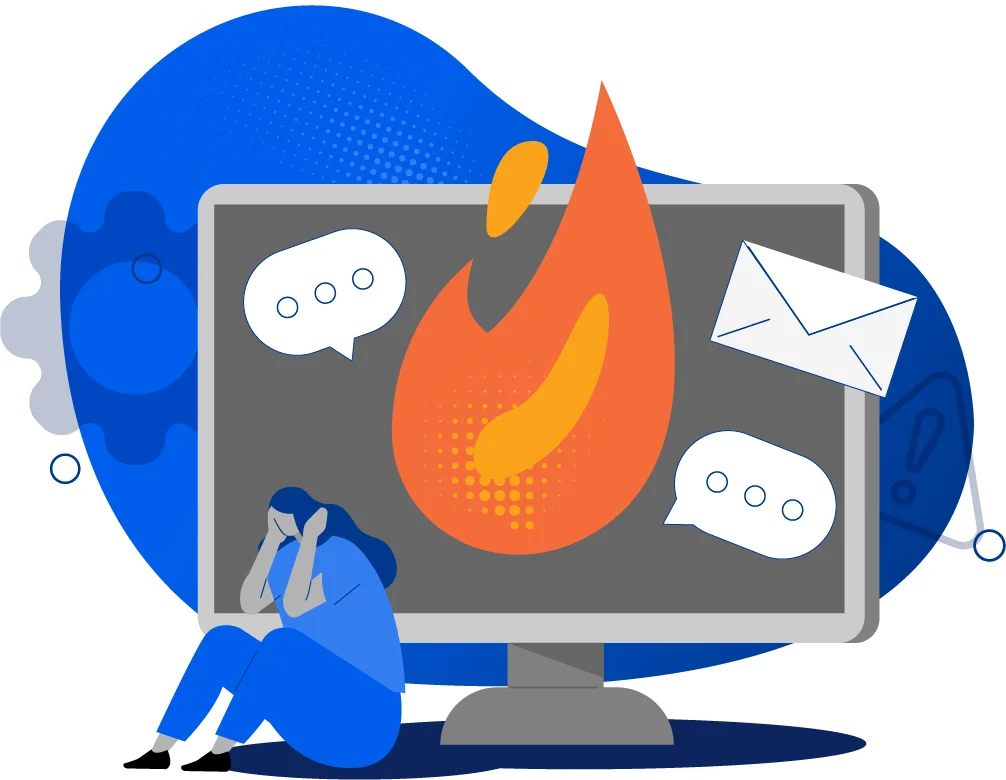Burnout is affecting clinicians at an unprecedented rate, and overly complex administrative tasks are partly to blame. Healthcare leaders need to leverage intelligent technologies to reduce burdens, improve experiences, and retain staff in a tight talent market.
While delayed care resulting from the COVID-19 pandemic appears to be returning to pre-pandemic levels, the existing crisis of professional burnout is accelerating for healthcare organizations. Burnout has led to a cycle of resignations and cumulative staffing shortages, which is producing even more burnout among those who remain.
Clinicians can’t seem to get ahead of the overwhelming stresses in their daily practice. Nearly 20 percent of healthcare workers have left their roles in the past few years due to the feeling of being overworked and diminishing opportunities to engage in meaningful patient care.
There may be dire consequences for patients if this trend continues. The nation is facing a shortage of tens of thousands of physicians and nurses in the next few decades, and the shortfalls will only be exacerbated if healthcare leaders cannot address the roots of clinical burnout.
Sources of clinician burnout
Providers are simply being asked to do too much with too little. Overly complex administrative work is sapping time and energy from clinicians, making it harder to provide the quality patient care they always want to deliver. As new models of care increase, so too does the responsibility for care teams to capture and report information from the point of care.
Physicians spend two hours on their EHR and other administrative tasks for every one hour directly caring for patients. For approximately one-third of clinicians, this can total more than six hours per week of EHR time outside of their traditional working hours.
This situation is not tenable, especially as organizations seek to attract and retain qualified staff in an extremely competitive talent market. To address the cognitive overload and provide meaningful relief from administrative gridlock, healthcare organizations must adopt intuitive, intelligent technologies to enhance existing workflows — not add to them.
What care teams need
The clinicians and staff who care for their communities simply want a better experience. That means they need intelligent technology that:
- Relieves burnout
- Speeds up efficiency
- Eliminates complex, time-consuming processes
- Works automatically without extra clicks and prompts
- Respects their established workflows and native EHRs
- Appreciates their unique roles with personalized UX
- Improves care
- Enhances professional satisfaction
Holon can help organizations save time and finally provide care teams the system relief they want by automatically delivering contextualized information and simplifying processes in a way that dramatically improves clinician experiences. This relief is what drives results enterprise-wide. How? Holon’s intelligent tools enhance revenue opportunities for organizations and support success with value-based care and other patient-centered initiatives.
To learn more about empowering care teams with Holon’s personalized solutions, check out our new e-book, Relieving Burnout and Staff Shortages With Intelligent Technology.


